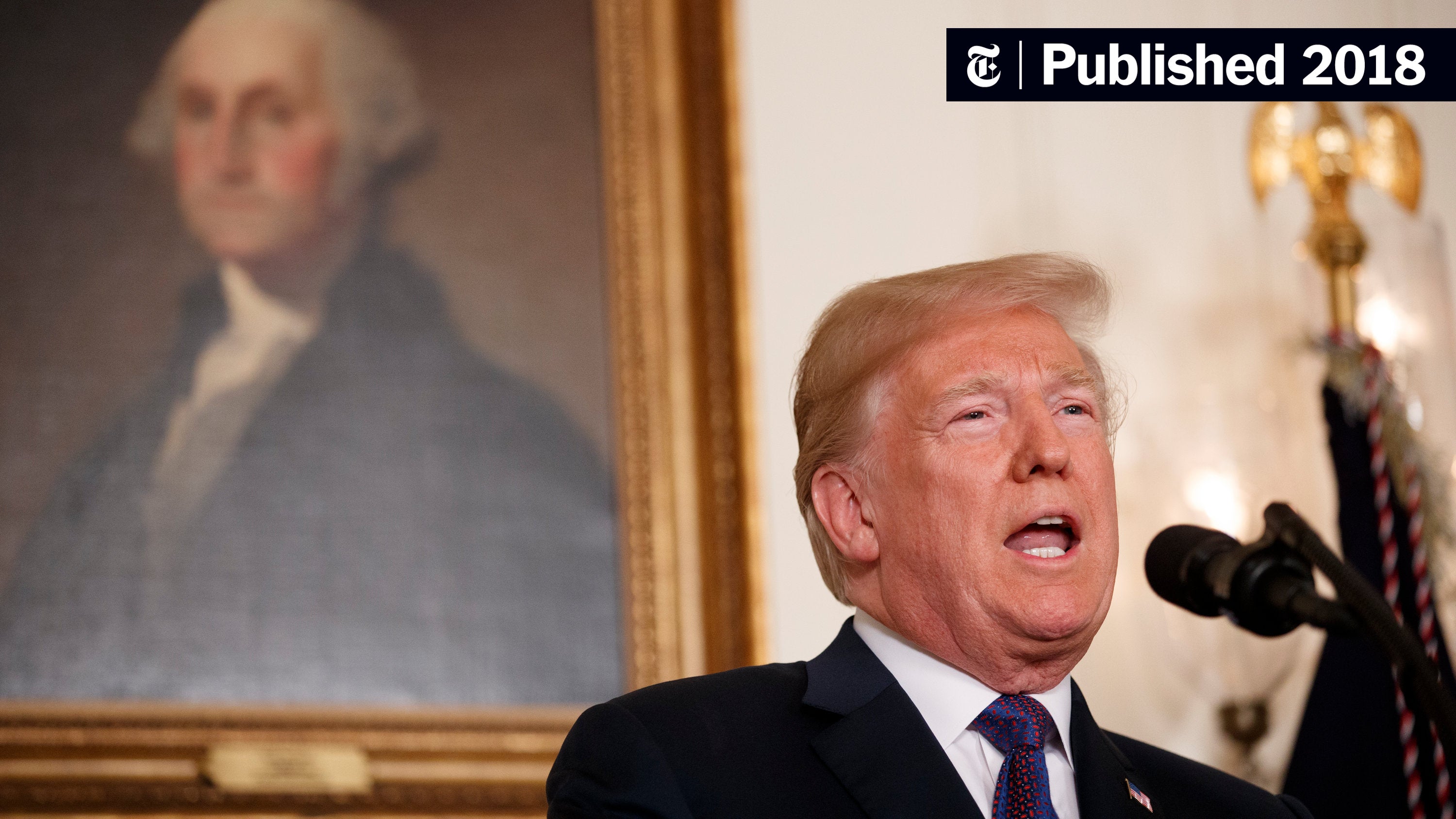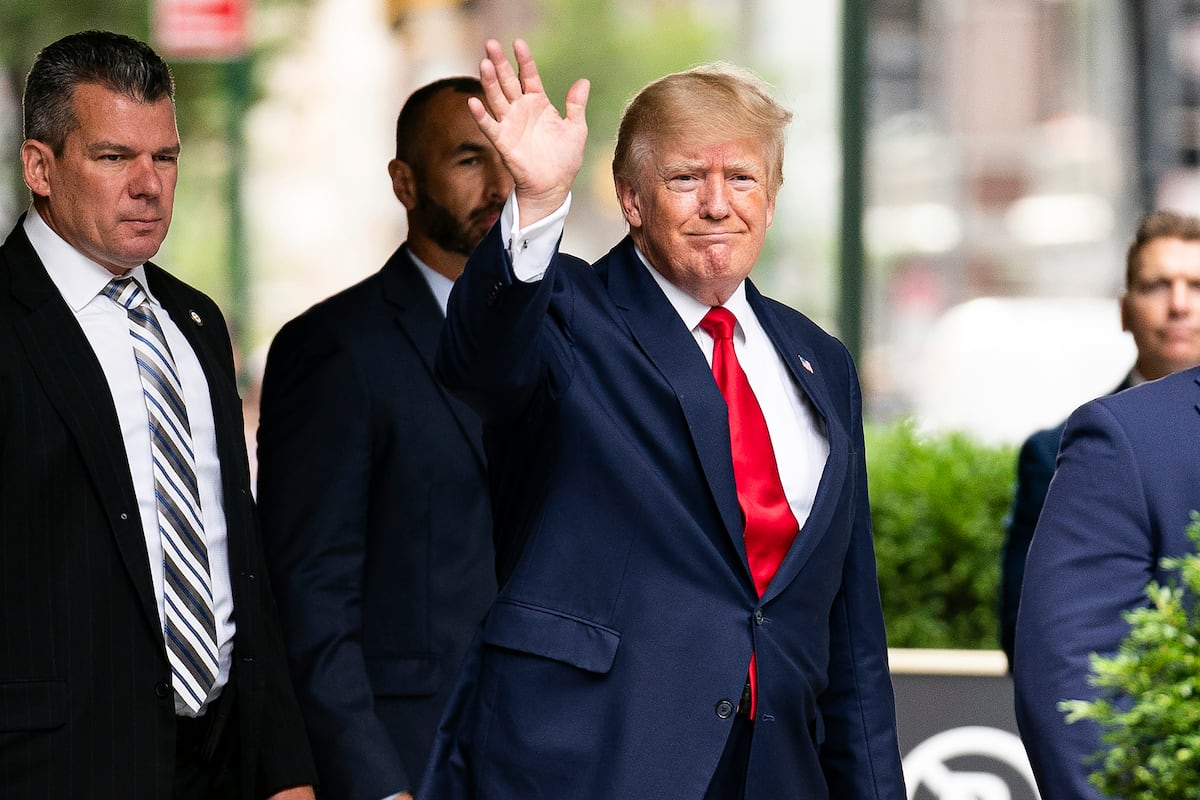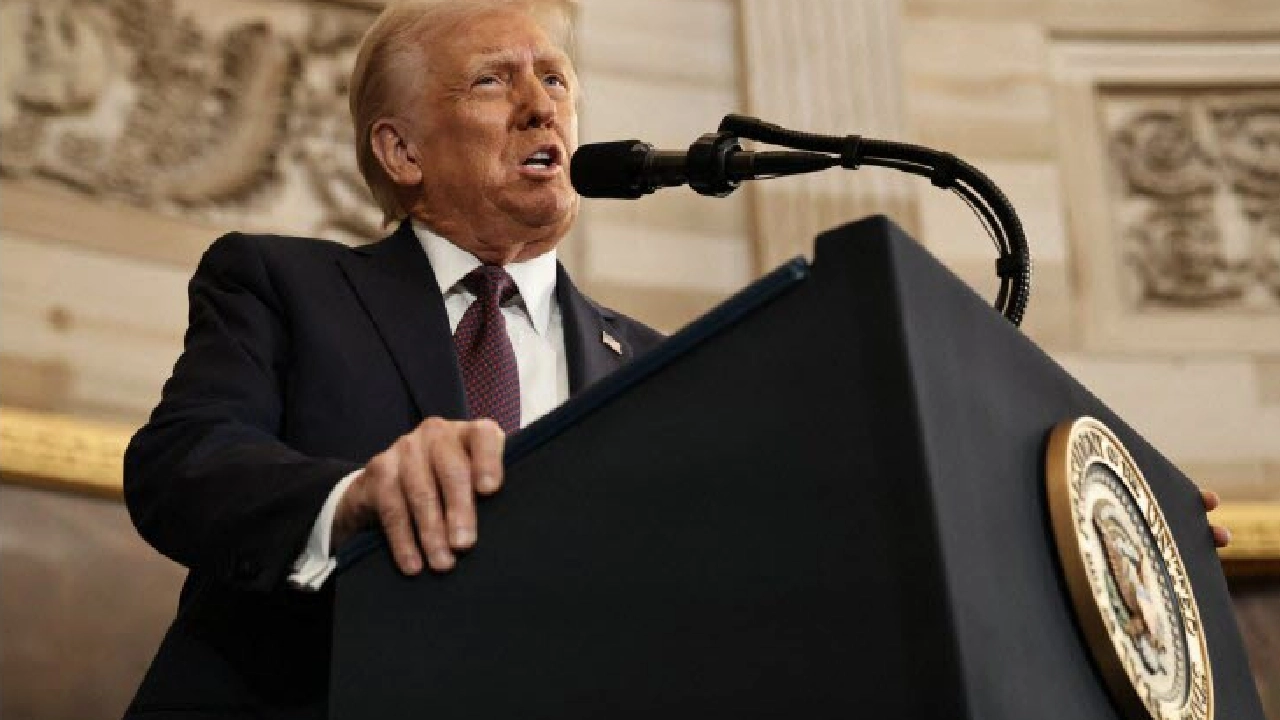The Trump Administration And The Future Of Russia Sanctions

Table of Contents
The Trump Administration's Ambivalent Stance on Russia Sanctions
The Trump administration's policy towards Russia regarding sanctions presented a perplexing paradox. While sanctions were imposed on occasion, the administration's actions often seemed to contradict its stated goals of holding Russia accountable for its actions. This ambivalence fueled considerable criticism and raised serious questions about the effectiveness of the sanctions regime. This apparent contradiction in Trump-Russia relations stemmed from a confluence of factors, including internal political dynamics and external pressures.
- Examples of sanctions enforcement: The administration did impose sanctions related to Russia's interference in the 2016 US elections, its annexation of Crimea, and its support for the Assad regime in Syria. These included asset freezes, travel bans, and restrictions on business dealings.
- Examples of perceived leniency or attempts to ease sanctions: Conversely, there were instances where the administration appeared reluctant to fully enforce existing sanctions or even considered easing them. This included discussions about lifting sanctions related to Crimea and a perceived hesitancy to aggressively pursue investigations into Russian interference.
- Key figures involved in decision-making: The differing viewpoints of key figures like Rex Tillerson (Secretary of State) and Mike Pompeo (CIA Director and later Secretary of State) regarding Russia sanctions further highlighted the internal divisions within the administration. These internal conflicts often resulted in delayed or watered-down sanctions policies.
The motivations behind this ambivalent stance are complex and subject to ongoing debate. Suspicions of political interference, potential election meddling, and the pursuit of closer ties with Russia—despite concerns from intelligence agencies—all played a part in shaping the Trump administration's approach to Russia sanctions.
Congressional Pushback and Bipartisan Concerns Regarding Russia Sanctions
Despite the Trump administration's sometimes hesitant approach, Congress played a crucial role in maintaining and strengthening Russia sanctions. Bipartisan concern over Russia's aggressive actions led to repeated legislative efforts to counter the administration's perceived leniency. This demonstrated a powerful check on executive power and highlighted the importance of Congressional oversight in shaping US foreign policy.
- Examples of Congressional legislation aimed at strengthening sanctions: Numerous bills were introduced and passed, aiming to expand the scope and tighten the enforcement of existing sanctions against Russia. These often included provisions targeting specific Russian individuals, entities, and sectors.
- Key senators and representatives involved in pushing for stronger sanctions: Senators like Lindsey Graham and Marco Rubio, along with several House Representatives, were vocal advocates for stronger sanctions against Russia. Their efforts to maintain bipartisan pressure often involved working across the aisle to build consensus.
- Mention specific sanctions bills passed during this period: Several significant sanctions bills, often incorporating measures beyond the administration's proposals, became law during the Trump years, demonstrating the effectiveness of Congressional action in shaping sanctions policy.
This Congressional oversight proved vital in countering the administration's perceived reluctance to fully utilize the power of sanctions. The resulting bipartisan consensus on the need for strong sanctions against Russia underscored the gravity of the issue and the limitations on the executive branch's ability to unilaterally determine foreign policy.
The Long-Term Impact of the Trump Administration's Russia Policy on Future Sanctions
The Trump administration's inconsistent approach to Russia sanctions has left a lasting impact on the current framework and the effectiveness of future sanction efforts. The perceived weakening of the sanctions regime during this period presents challenges for maintaining international cooperation and ensuring deterrence.
- Discussion of the current state of Russia sanctions under the Biden administration: The Biden administration has taken a noticeably firmer stance on Russia sanctions, often reversing or strengthening measures implemented (or not implemented) under the previous administration. This shift reflects a return to a more traditionally robust approach.
- Analysis of potential future challenges in maintaining effective sanctions: The Trump era highlighted the difficulties of maintaining international consensus on sanctions, as inconsistencies in US policy can undermine trust among allies and encourage circumvention strategies.
- Discussion of the international legal and political landscape regarding Russia sanctions: The international legal framework governing sanctions remains complex and constantly evolving. The Trump administration’s actions may have created precedents that could be used to challenge future sanctions, highlighting the ongoing need for strategic clarity and international cooperation.
The question remains whether the sanctions effectiveness will be hampered by the precedents set during the Trump administration. The ability to achieve international cooperation and maintain deterrence will hinge on establishing a more consistent and predictable approach to sanctions in the future.
Conclusion: The Enduring Challenge: Shaping the Future of Russia Sanctions
The Trump administration’s legacy on Russia sanctions is one of complexity and inconsistency. While some sanctions were enforced, the administration's approach often lacked the decisiveness and consistency needed for maximum impact. Congressional action was crucial in counteracting this, showcasing the importance of bipartisan consensus in shaping effective foreign policy. The long-term consequences of this period, particularly regarding international cooperation and the perceived sanctions effectiveness, are still unfolding.
The future of Russia sanctions requires a renewed commitment to a robust and consistent approach. We must learn from the challenges presented by the Trump administration's actions to ensure that future sanctions are both effective and reflect a united international effort. Engage further with this issue by researching reputable sources, following developments related to Russia sanctions, and advocating for policies that promote strong and effective Russia sanctions. The future of international stability and accountability depends on it.

Featured Posts
-
 Ticketmaster Aclara Sus Polemicas Tarifas De Boletos
May 30, 2025
Ticketmaster Aclara Sus Polemicas Tarifas De Boletos
May 30, 2025 -
 How Novo Nordisk Lost Ground In The Weight Loss Market With Ozempic
May 30, 2025
How Novo Nordisk Lost Ground In The Weight Loss Market With Ozempic
May 30, 2025 -
 Trump Firma Orden Ejecutiva Para Combatir La Reventa De Boletos De Ticketmaster
May 30, 2025
Trump Firma Orden Ejecutiva Para Combatir La Reventa De Boletos De Ticketmaster
May 30, 2025 -
 Deutsche Bank Contractors Girlfriend In Data Center Security Breach
May 30, 2025
Deutsche Bank Contractors Girlfriend In Data Center Security Breach
May 30, 2025 -
 Guide Complet Droits De Douane Mode D Emploi
May 30, 2025
Guide Complet Droits De Douane Mode D Emploi
May 30, 2025
